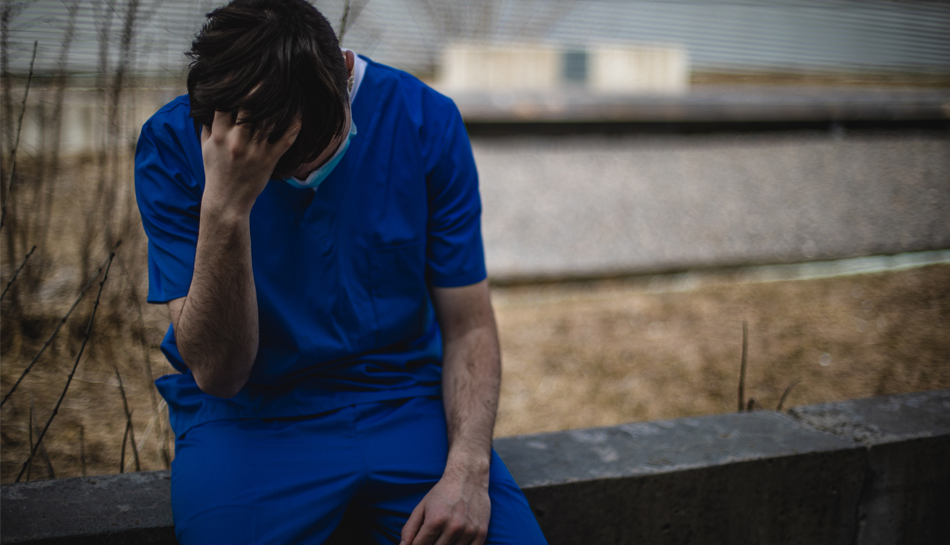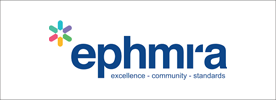Throughout the pandemic, there has been consistent commentary on the impact of COVID-19 on the healthcare workforce. With increasing clinical demands, diverted resources, and colleague absence, healthcare professionals (HCPs) have struggled under sustained pressure. As part of our panel engagement series ‘M3 Health Talks’ I recently spoke with Dr Susan Noonan, a Boston-based physician who is an expert in emotional distress amongst the HCP population. We talked about the impact of the pandemic and the notion of ‘moral distress’, which is where someone feels that they are being asked to do something that is not consistent with morally correct behaviours. During the peak of the pandemic, moral distress played a significant role in HCPs’ discomfort, with many unable to provide the level of care they would normally expect to be able to deliver. This sense of inadequacy, and often frustration, layered with an unmanageable workload and little downtime has seen sharp increases in the number of people leaving their jobs in healthcare, impacting staffing further for those that remain.
What does this crisis mean for healthcare market research? Our close relationship with our panellists has meant that we’ve been particularly attuned to additional pressures on our respondents, and operating with sensitivity and understanding has been paramount. Below we’ve highlighted three ways in which we have ensured we don’t amplify pressures on the medical community:
- Data-Driven Decision Making
From the outset of the pandemic we have been led by data. In March 2020 there was a natural hesitancy about inviting clinicians to participate in market research, and some manufacturers took the decision to pause fieldwork. We chose to ask our panel whether they wanted to receive invitations, with over 97% still happy to participate in online quant studies (99% excluding Japan). In February 2021 we fielded a survey on work / life balance, finding that two-thirds of respondents don’t consider market research participation to be ‘work’. This corroborates our research in the early stages of the pandemic where respondents told us that they saw market research as an escape and distraction from clinical work.
- Flexibility in Scheduling
One key issue exacerbating emotional distress in HCPs is their unpredictable work schedule, often with last minute scheduling changes and overtime. This in turn can affect their social lives, making it difficult to make plans in advance. Being as flexible as possible is important with research too. We know that respondents with busy schedules particularly enjoy online surveys as they can participate at any time, day or night. One impact of COVID on the research industry has been the widescale adoption of virtual qual approaches, and self-serve scheduling. Respondents can now make appointments that match their availability, and we can make qual research more accessible by running sessions outside of the normal working day as we’re no longer dependent on facility opening hours or moderator travel. Remote qual also makes over-recruiting more ethical as you’re not requiring someone to travel to a facility just in case!
- Reducing the Stigma of Mental Illness in the Medical Profession
One of the biggest concerns that Dr Noonan highlighted was the stigmas that continue to be attached to healthcare professionals suffering with their mental health. This is particularly apparent in the US where re-certification includes medical record review, so clinicians feel unable to be transparent about their difficulties. Dr Noonan’s advice is to talk to colleagues you think might be distressed, and help amplify the conversation, normalising discourse about mental wellbeing. As a market industry we can support this by offering resources and support to our respondent panels and communities, and by advocating for increased research into mental health.






